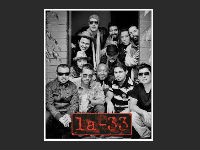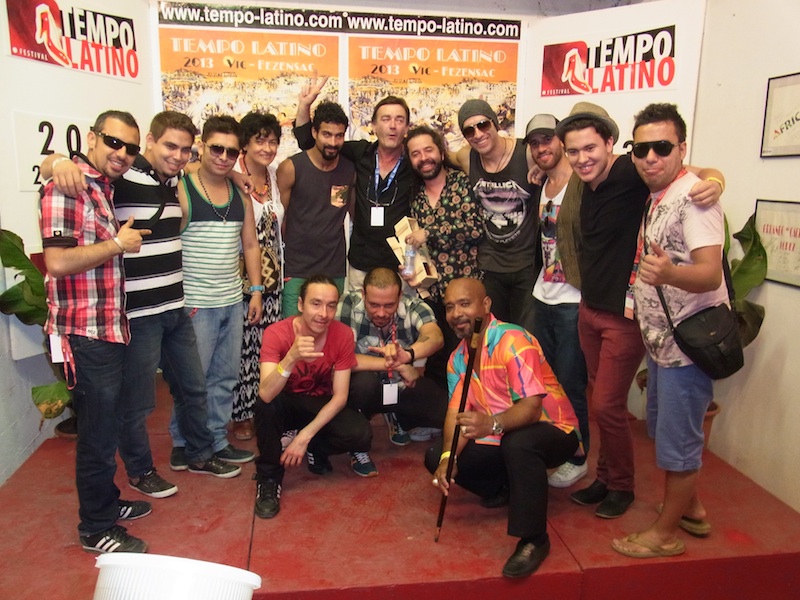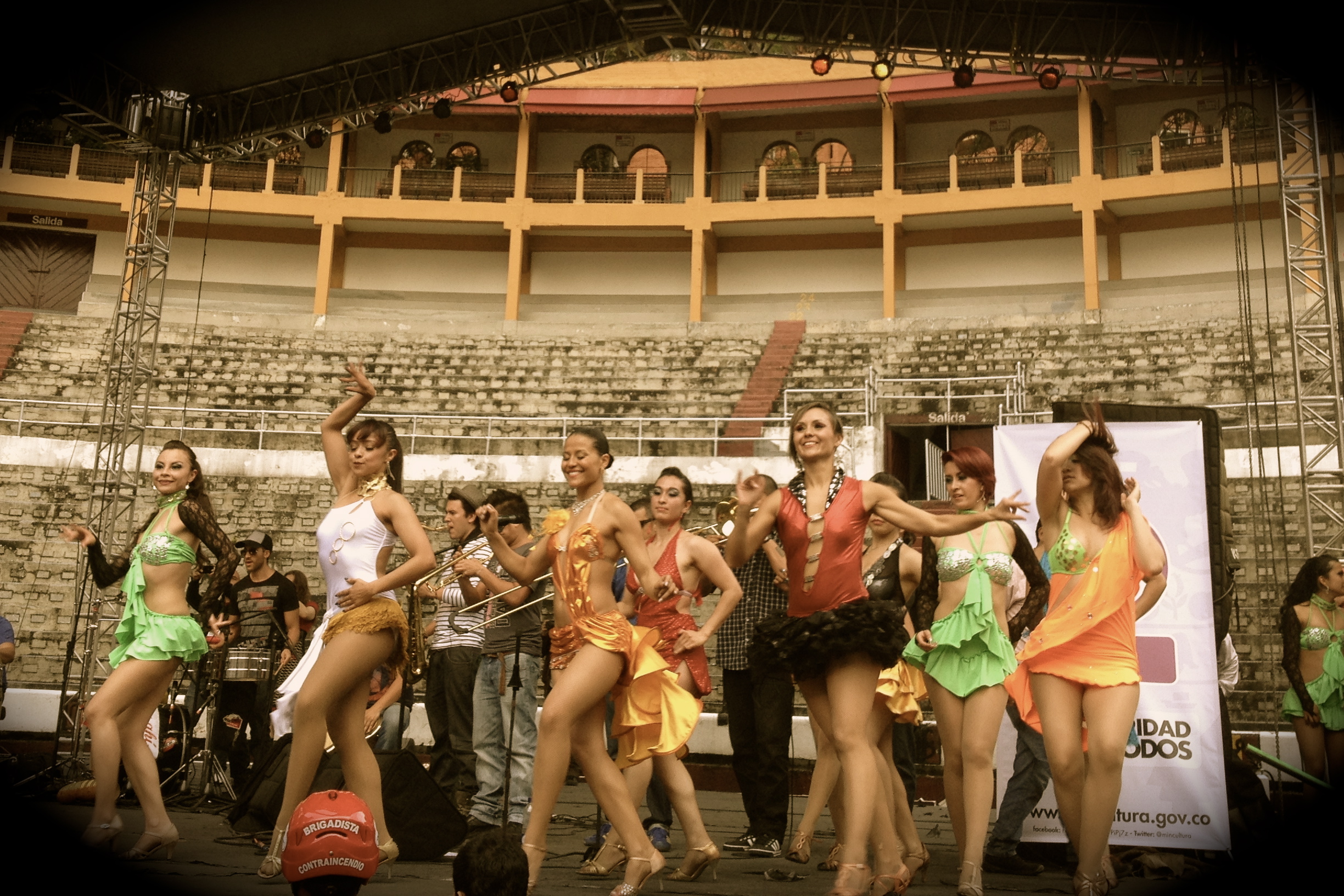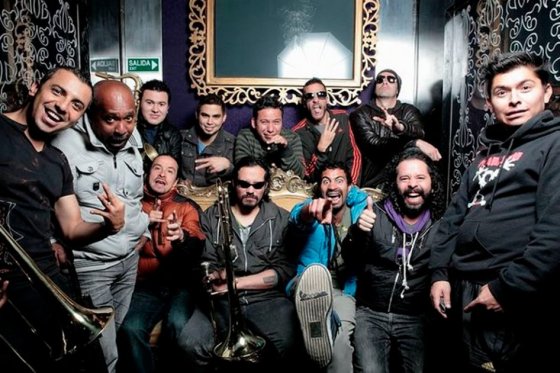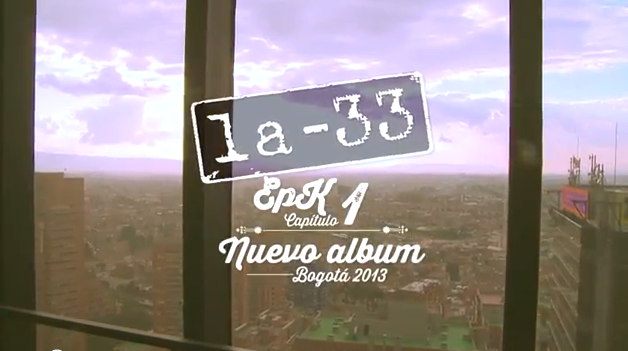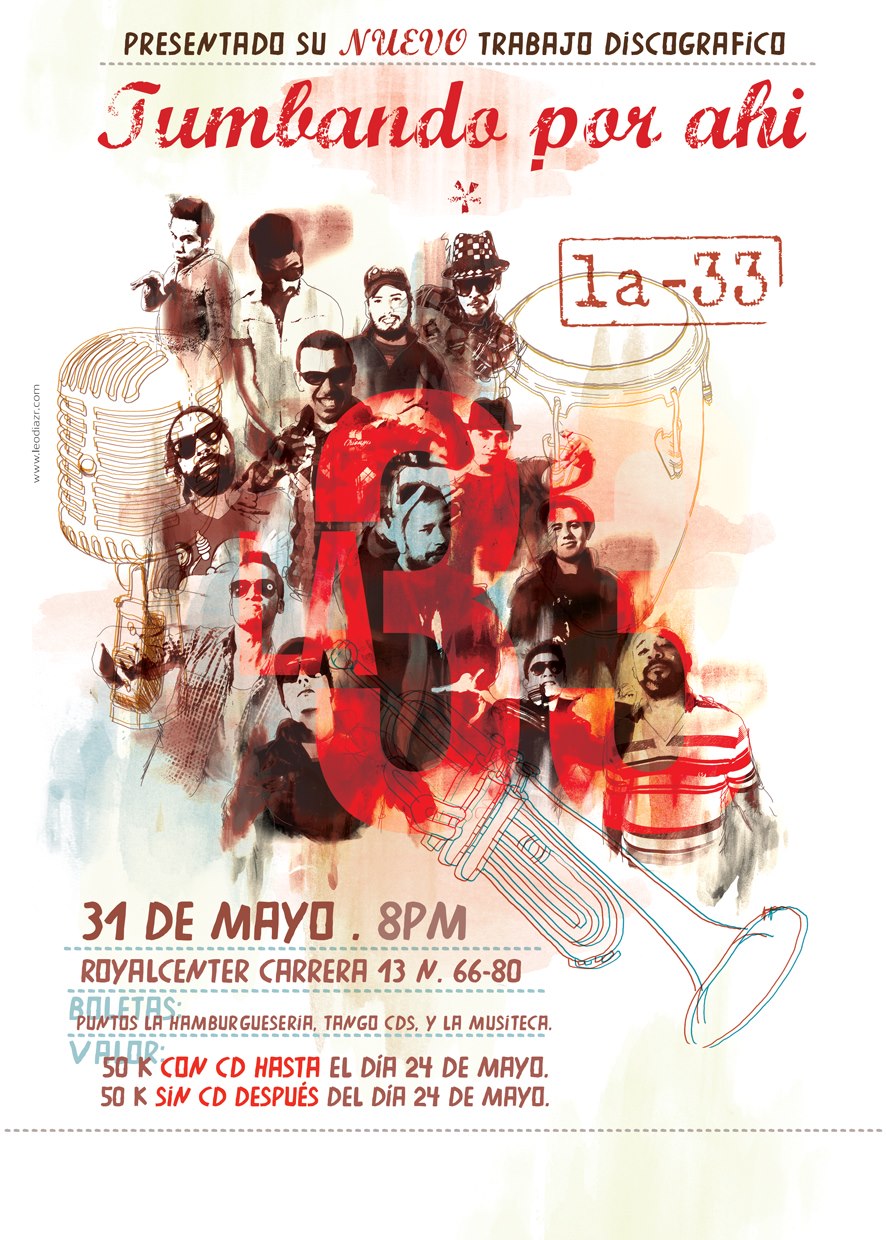20 March 2013
Though his flugelhorn solos were magical, and highlights of evening, it was his skills as a band leader and front man that he relied on most. He had a warm banter going with the audience, alternately teasing and flattering, and proclaiming our status as ersatz Sowetans with a wink.
And his (frequently suggestive) dancing would have you thinking he was a much younger man than his 73 years. Many if not most are happy to let the Freudian aspect of the trumpet go unremarked, but he went there with a knowing smile, and it worked. He brought the audience into his circle of confidence.
And soon he had the audience calling back and forth to him. Sometimes unasked for. Sometimes in mutual unintelligibility.
The band he brought with him were slick, although perhaps too well rehearsed. Though they had only brief moments in the limelight, it was clear that they were very fine musicians in their own right, but the show lacked the loose spontaneity that I associate with the township grooves and high life styles.
Masekela’s politics finally came through in the more sombre tone of his classic Coal Train, which deals with the migration of young men from across Africa to work in the harsh conditions of South Africa’s diamond, and mineral mines.
“People always cheer for this song,“ he said in response to the hoots of recognition of the first few bars, “But I don’t know why. It is a sad song. So if you see me crying, please understand.”
Another musical highlight of the evening was a tribute to Fela Kuti, as Masekela covered the Afrobeat classic Lady.
But the evening was not without its flaws, and I believe they stem from the choice of venue.
It felt like Masekela was having to work hard against the formality of the venue and situation, as well as Auckland audiences’ legendary passivity being exacerbated by being seated. There was a tension between the expectations of a seated festival concert, and the music which just begged you to move your body.
Masekela exhorted the audience to their feet three times, only to have them sit down again at the end of each song in a domino effect, and by the third time up there were clearly older patrons who didn’t want to stand.
But it was also clear that there was a sizeable portion of the audience who did want to groove, and at the encore when a few brave souls broke the ice and ventured to the front to do so, the aisles quickly resembled a conga line traffic jam as what seemed like half the audience tried to join them. It felt like a release.
So I viewed the promise of “general admission seated” on tickets for Colombian Salsa band La-33 on Saturday with some suspicion, but The Festival Club lived up to its name.
There was no question about whether dancing was appropriate. A full house containing many Colombian expats, and a large contingent of Salsa dancers quickly transformed the floor of the Spiegeltent into a heaving night club atmosphere, which the band exploited from the first note.
This was helped by the removal of all seating from the main floor, leaving the booths around the edge and a few bar stools at the rear. When some audience members helped themselves to chairs and arranged them around the edge, these were whisked away by staff as soon as the patrons stood up to dance.
And you couldn’t avoid dancing. The style of Salsa Dura, “hard Salsa”, emphasises rhythm and the horn section, and both were about as good as it gets.
The band’s 11 man lineup included a very tight four piece horn section, keys and bass, and more percussion than you could shake a maraca at, as the three front men pulled double duty when not singing lead and joined the conga, timbales and cowbells.
Though there was little English spoken, the band seemed to have no trouble communicating their energy to an equally excited crowd. To be fair, there were probably a number of Spanish speakers in the audience who understood just fine. The rest of us got the gist.
One word I caught in an introduction sounded like “Police”, and somewhat surprisingly the band launched into the lyrics of 80’s classic Roxanne. The programme also included Pantera Mambo, a catchy reworking of Henry Mancini’s The Pink Panther.
The band didn’t let up for more than a minute or two at a time, and cries of “Orta! Orta!” brought them back to the stage for an encore of several songs, including a memorable musically pyrotechnic and interactive saxophone solo, while the band remained frozen in place.
In all, both concerts left me energised, but the contrast between the two came down to the signals sent by the choice of venue and the way it is set up.
The Spiegeltent Festival Club is informal and intimate, and that is a strong combination. It welcomes the audience into the experience as participants rather than observers.
As the more traditional arts festival fare is supplemented by these very popular and danceable artists, it seems as if there is a shift needed in venue programming towards those less formal situations. In the case of Hugh Masekela, that could have been as simple as selling the stalls as standing general admission, while still allowing for seated patrons upstairs.
Festival organisers need only ask themselves the question “would you like to dance?”
And then accommodate the audience who do.
Reviewed:
Hugh Masekela
14 March 2013
Town Hall, Auckland
La-33
16 March 2013
Festival Club, Aotea Square, Auckland


